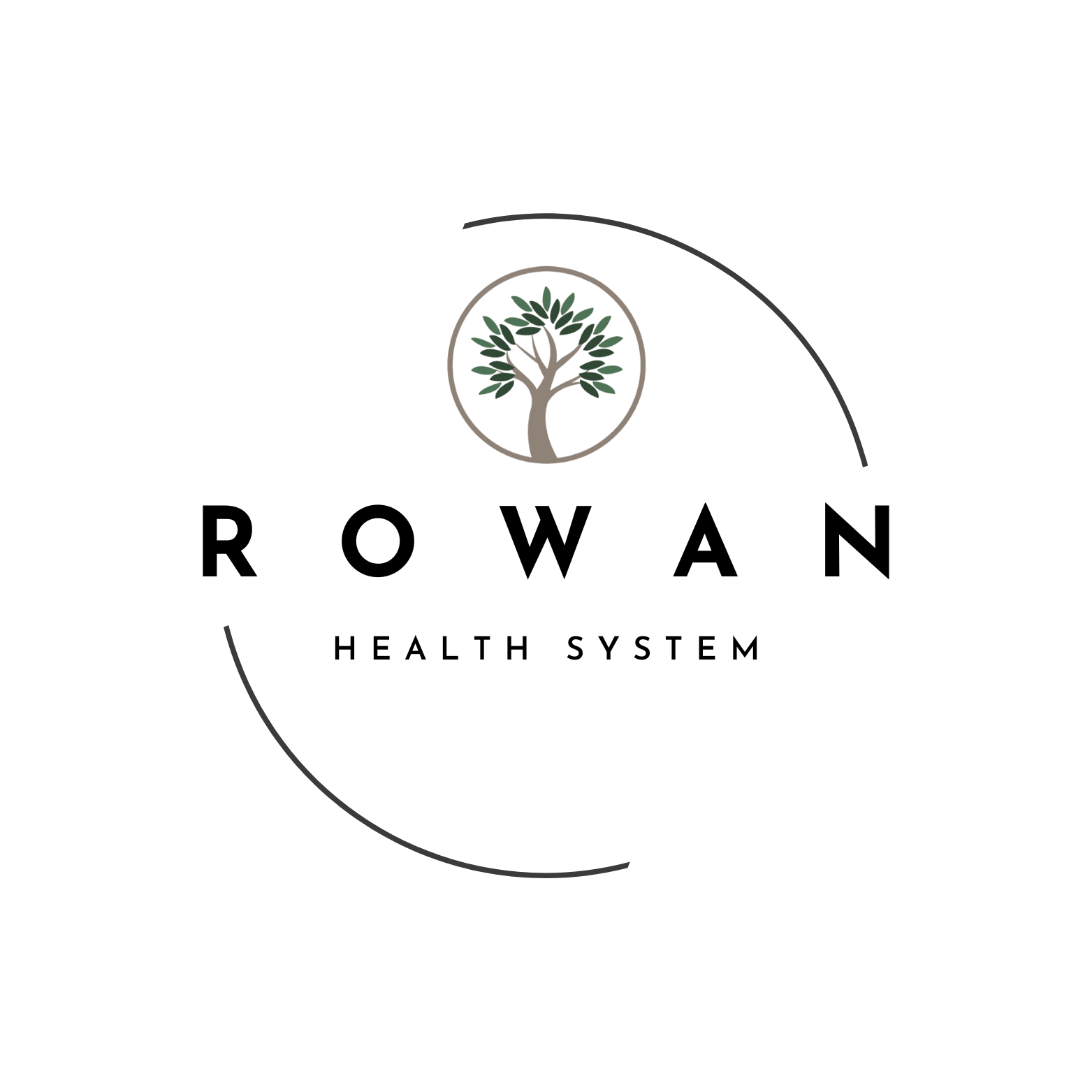Children with developmental disabilities face unique challenges that impact not only their health and development but also their ability to engage with the world around them. Families often encounter numerous hurdles in securing necessary care and support services. This blog takes a deeper look at these challenges and explores actionable solutions and inspiring policies that aim to improve access to care for these children.
Recognizing the Challenges
Access to specialized care is often limited, especially in rural or under-resourced areas. This scarcity leaves many children without the services they require to thrive. Financial burdens further exasperate the issue, as the high cost of ongoing care extends beyond what many families can afford.
Navigating the healthcare system can be a confusing and lengthy process, delaying diagnosis and treatment, crucial for the child's developmental progress. The shortage of qualified healthcare professionals trained in this field only adds to the delay.
Social stigma and lack of community support contribute to the isolation of these children and their families. Educational and recreational activities, which are less accessible to children with developmental disabilities, are vital for their integration and development. From social barriers to financial constraints, the obstacles are many, but so are the possibilities for improvement.
Envisioning Solutions
To address these challenges, we must collectively work towards comprehensive solutions:
Increasing Funding: Directing more resources towards programs that offer free or reduced-cost services is critical in easing the financial burden on families.
Policies that Prioritize Early Interventions: Support for early screening and diagnosis can make a profound difference in the lives of children with developmental disabilities. Implementing policies that streamline these processes is essential.
Enhancing Provider Education: Expanding opportunities for continued education for healthcare professionals will improve care quality and availability.
Building Inclusive Communities: Education campaigns aimed at reducing stigma can lead to greater community support and an inclusive environment for these children to grow and participate fully in society
Creating More Inclusive Programs: Specialized educational and recreational programs should be tailored to meet the varied needs of all children, ensuring no one is left behind.
Success Stories and Inspirational Policies
Progress is visible through the lens of successful policies and personal stories:
The Early and Periodic Screening, Diagnostic, and Treatment (EPSDT) under Medicaid ensures comprehensive health coverage, showing significant impact on the well-being of children in need.
The Individuals with Disabilities Education Act (IDEA) provides critical educational supports, highlighting the power of specialized care to facilitate learning and development.
The Developmental Disabilities Assistance and Bill of Rights Act (DD Act) underscores the significance of federal support in promoting a holistic approach to care, from early intervention to employment opportunities.
The Affordable Care Act (ACA) makes health insurance accessible and affordable, a lifeline for families grappling with medical expenses.
These policies reflect a growing commitment to breaking down barriers and expanding horizons for children with developmental disabilities.
Voices from the Heart
Personal narratives shine a light on the real-world impact of developmental disabilities:
A mother recounts the maze-like healthcare system her family navigated to secure services for her son with autism, emphasizing the difference early intervention makes.
One family speaks to the financial strain of supporting their child with Down syndrome and the solace found through community support programs.
An adult with cerebral palsy discusses the everyday experiences of stigma, demonstrating the importance of inclusive programs in forging a path to acceptance.
A testimonial from a caregiver praises initiatives that provide teacher training for inclusive education, a beacon of hope for a more accepting society.
A Call to Action
In closing, we must rally together to reinforce the network of support for children with developmental disabilities. By donating to organizations providing vital care services, we can contribute to a brighter, more inclusive future. Your contribution can turn the tide for a child, affording them the care, attention, and opportunity to lead a fulfilling life.
Remember, it's not merely about addressing an immediate need; it's about nurturing a generation that despite hurdles can aspire to, achieve, and dream beyond limits.
Join us in making an impact—Donate today and change a life forever.
In earnest support of the ongoing progression toward improved care, we salute the unwavering spirits of these children and their families, lighting the way toward a brighter and more supportive tomorrow.
Book an appointment with us today
Featured posts
The Connection Between Allergies, Respiratory Conditions, and Neurodevelopmental Disorders: An In-Depth Analysis
Neuropsychology and Immunology
Understanding Anxiety Disorders: Symptoms, Management Strategies, and Treatment Options
Adult Psychology
Understanding and Tracking Developmental Milestones: A Comprehensive Guide for Parents
Developmental Pediatrics
The Battle of the Bite: Winning Over Picky Eaters
Nutrition
Related posts
Our latest posts and news
At Rowan Health System, we offer a wide range of specialties to address your specific physical and mental health needs.









